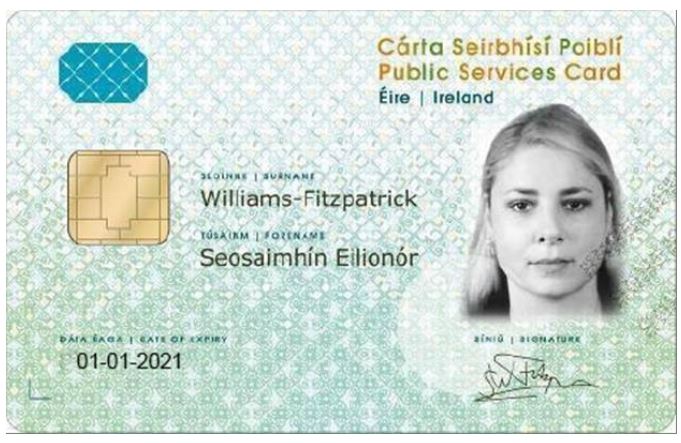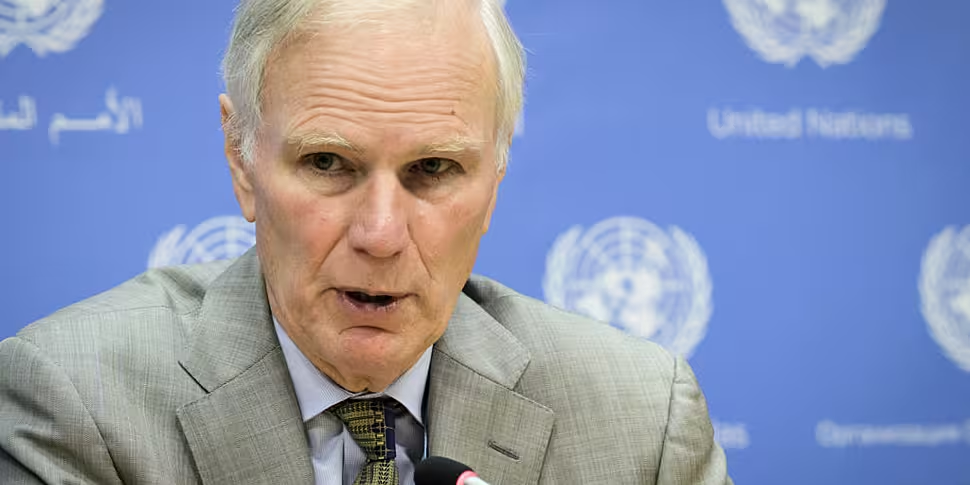A UN expert has said the Government here made a 'very big push' to delay the publication of his letter raising concerns about the implementation of the Public Services Card.
Yesterday, a letter from UN Special Rapporteur Philip Alston stated the steps required to obtain the card can be a "nightmare" because of the bureaucracy involved.
It said the disadvantaged have to jump through a number of hoops to prove their identity, including providing documents which many find hard to access.
Philip Alston also said the Government’s assertion that the card is ‘mandatory’ but ‘not compulsory’ was a “classic example of doublespeak".
Responding to the findings, Tánaiste Simon Coveney labelled them a "narrow and partial analysis of a complex issue".
The Department of Social Protection, meanwhile, claimed Prof Alston "issued his letter without notice, in the final weeks of his tenure as Special Rapporteur, and without any fact checking or engagement with the Department".
In a statement, the Department noted: "If offered the opportunity the Department would have been pleased to correct the numerous inaccuracies in the allegations that he reports."
Prof Alston - the UN Special Rapporteur on extreme poverty and human rights - says that the Government hasn't indicated what mistakes have been made.
Speaking on the Pat Kenny Show, Prof Alston said: "The Tánaiste says there are factual errors and misconceived assumptions... I would very much welcome either of those being identified, but none has been."
He suggested the Government made two efforts to talk with him - once last August following public comments he made about the PSC, and then a recent effort to "delay" his letter's publication.
He told Pat: "The Irish Government made a very big push to delay this [letter] in Geneva... they succeeded in delaying it for a number of days.
"It's not appropriate for a Special Rapporteur to be engaged in negotiations with a Government before a letter comes out... but I'm delighted if the Government is prepared to negotiate now."
 An example of the Public Services Card | Image: Citizens Information
An example of the Public Services Card | Image: Citizens InformationOn the card itself, Prof Alston noted he is not opposed to it - saying the idea of having a system that is 'more efficient and accessible' is in general a good one.
However, he added: "My problem is with the way it is being implemented.
"We know the famous phrase 'not compulsory but mandatory'... if there is absolute insistence on not being able to satisfy the requirements other than going through the Public Services Card system, you greatly disadvantage poor people and those who are vulnerable.
"I'm also concerned about the whole issue of democratic accountability.
"This is now a huge accumulated piece of legislation, and there hasn't been any sustained debate in the Oireachtas about the implications of moving to such a complex, biometric digital ID card for Ireland."









